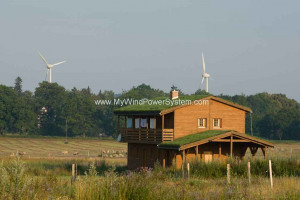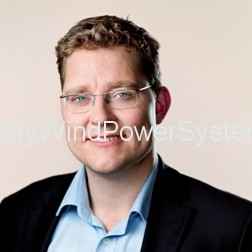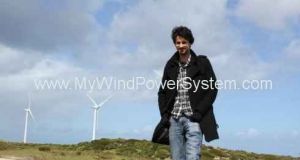The Czech Republic may not be on the tip of your tongue when considering European countries at the forefront of wind energy production: In 2013 Czech wind power generation increased by 15% to 478 GW per hour, accounting for 0.55% of gross domestic electricity production. That represents an equivalent of annual consumption of around 136,000 households, according to the Czech Wind Power Energy Association CSVE).
This may seem acceptable but CSVE head Michal Janecek stated that wind power generation is in something of a slowdown. Although installed capacity of wind farms in the Republic reached 268 MW last year, only four projects were accomplished in 2013. 2012 was a much better year.
He added:
“Wind farm numbers are growing at a very slow pace, except for 2012, which was an exceptional year. The national action plan reckons with an annual rise of 45 MW and with a total installed capacity of wind power plants to reach 743 MW by the year 2020.”
Janacek considers that the European Union 2020 target will not be met, making reference to legislative changes, which will lead to restrictions on renewable energy. CSVE data showed that the buying price of wind energy decreased by an annual rate of 5 percent to Kc2.12/kWh, the lowest price of all the renewable energy sources. By comparison the purchasing prices of solar energy dropped to Kc2.83/kWh from Kc6.16/kWh in 2012 .
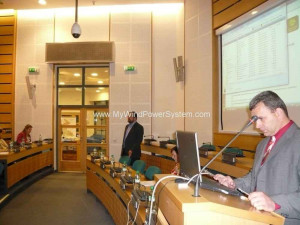
Janecek blames two key factors in this disappointing 2013; political instability and strong opposition from local residents against the expansion of wind turbines. On the latter point he cites the emergence of sophisticated opposition measures in the local regions where wind energy has the greatest potential. These measures, he said, are creating a tougher road for getting agreement for more wind farms. In addition a significant change to the Czech renewables support system took effect at the start of 2013 when the feed-in tariff was abolished for all renewable projects over 100 kilowatts. Prior to this taking effect the distribution network operators (such as the dominant Czech energy company CEZ) had been required to buy electricity generated from renewable sources, but with the new law, such generators are now paid through a highly complex mechanism in which the industry ministry uses a set of 14 criteria.
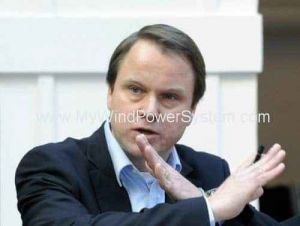
Dirty tricks have been suggested: Martin Bursik (pictured above), former Czech environment minister and chairman of the Czech Renewable Energy Council, has gone on record as saying that there is a danger of subjective decision making with the aim of preventing renewables development under the new set-up: He said
“There is evidence that state-owned energy company CEZ, which has strong coal and nuclear interests, was closely involved in drafting the law, hoping to stop development of renewables and eliminate competition in the electricity market.”
